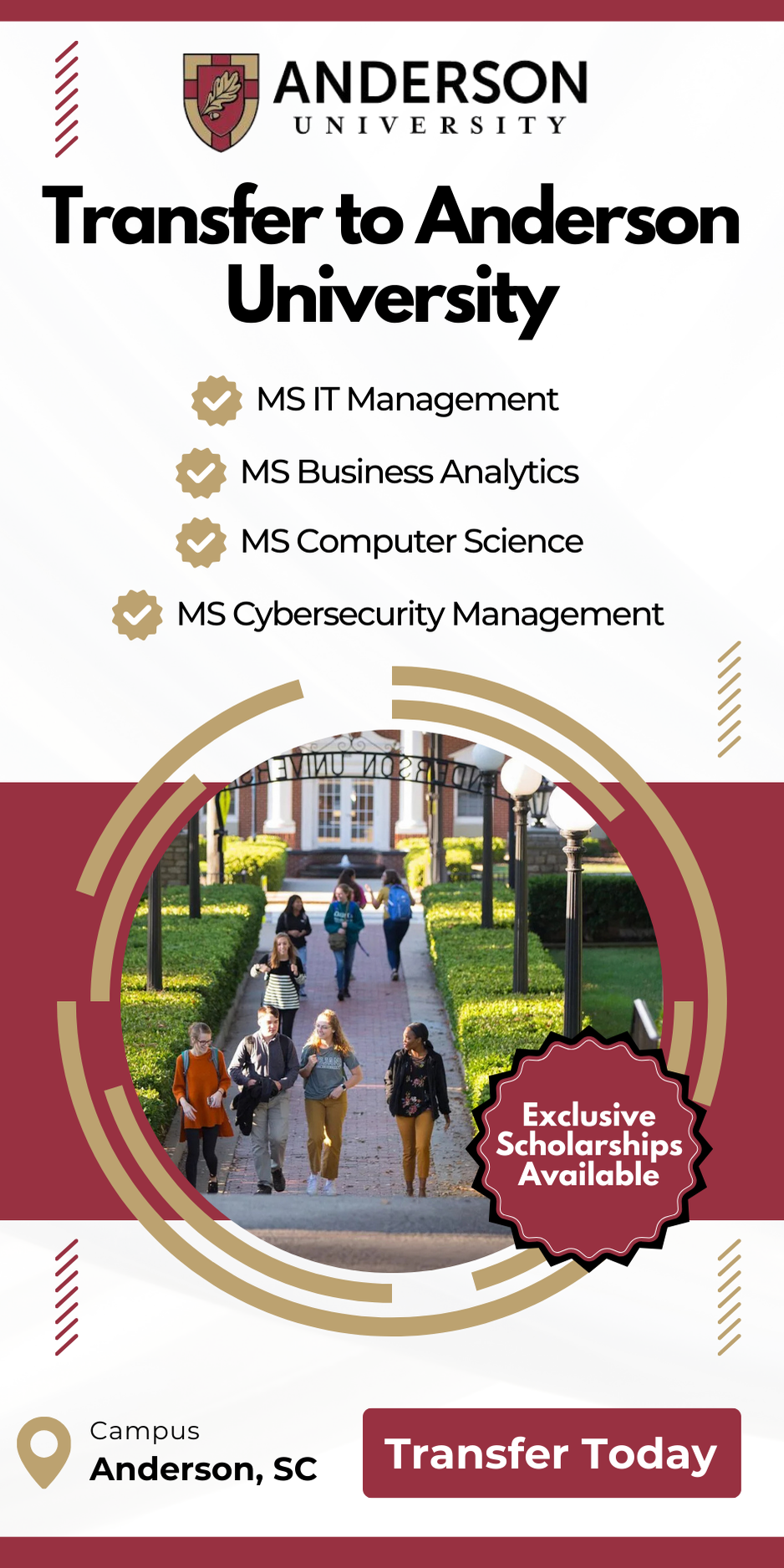Overview
For international students participating in Day 1 Curricular Practical Training (CPT) programs, the journey toward securing an H-1B visa can be intricate. A common hurdle in this process is the Request for Evidence (RFE) issued by the United States Citizenship and Immigration Services (USCIS). This article aims to demystify RFEs, explore their connection to Day 1 CPT, and provide strategies to address them effectively.
Understanding Requests for Evidence (RFEs)
An RFE is a formal request from USCIS for additional information to decide on a visa petition. Receiving an RFE doesn’t imply denial; rather, it indicates that USCIS requires more details to assess the applicant’s eligibility.
Common Reasons for RFEs in Day 1 CPT Context
While RFEs can arise in various scenarios, certain factors are particularly relevant for Day 1 CPT students:
- Maintenance of F-1 Status: It is crucial to ensure continuous full-time enrollment and adherence to program requirements. Any lapses can trigger an RFE.
- Proper Authorization of CPT: Engaging in CPT without prior authorization or before the program start date can lead to complications.
- Accreditation of the Institution: Enrolling in universities lacking proper accreditation may raise concerns about the legitimacy of the CPT, leading to RFEs.
- Alignment of Employment with Field of Study: The CPT employment must be directly related to the student’s major. Discrepancies can prompt USCIS to seek clarification.
Strategies to Prevent and Address RFEs
To minimize the risk of receiving an RFE and to effectively respond if one is issued:
- Maintain Accurate Documentation: Keep thorough records of your academic progress, CPT authorization forms, and employment details.
- Choose Reputable Institutions: Enroll in accredited universities known for compliance with immigration regulations.
- Ensure Employment Relevance: Verify that your CPT employment aligns closely with your field of study.
- Seek Professional Guidance: Consult with immigration attorneys or Designated School Officials (DSOs) to navigate complex situations.
- Respond Promptly and Thoroughly: If an RFE is received, address all requested information comprehensively within the stipulated timeframe.
People Also Ask (PAA)
- What is a Request for Evidence (RFE)?
- An RFE is a notice from USCIS requesting additional information to decide on a visa application.
- Does receiving an RFE mean my visa will be denied?
- No, an RFE indicates that USCIS needs more information. Providing the requested evidence can lead to approval.
- How can Day 1 CPT students avoid RFEs?
- Maintaining proper F-1 status, ensuring CPT authorization, choosing accredited institutions, and aligning employment with their field of study.
- What should I do if I receive an RFE?
- Respond promptly with comprehensive and accurate information as requested by USCIS.
- Can unauthorized CPT lead to an RFE?
- Yes, engaging in CPT without proper authorization can result in an RFE or even denial of the visa application.
- Is CPT employment required to be related to my major?
- Yes, CPT employment must be directly related to your field of study.
- How vital is university accreditation for Day 1 CPT?
- Enrolling in an accredited institution is crucial to ensure your CPT’s legitimacy and avoid potential RFEs.
- Can gaps in enrollment affect my F-1 status?
- Maintaining continuous full-time enrollment is essential to uphold F-1 status and prevent RFEs.
- Should I consult an attorney if I receive an RFE?
- While not mandatory, consulting an immigration attorney can provide valuable guidance in responding effectively to an RFE.
- What is the typical timeframe for responding to an RFE?
- USCIS usually provides a specific deadline, often 30 to 90 days, to respond to an RFE.
Understanding the nuances of RFEs and their implications for Day 1 CPT students is vital for a successful immigration journey. Proactive compliance and informed decision-making can significantly reduce the likelihood of encountering such challenges.

